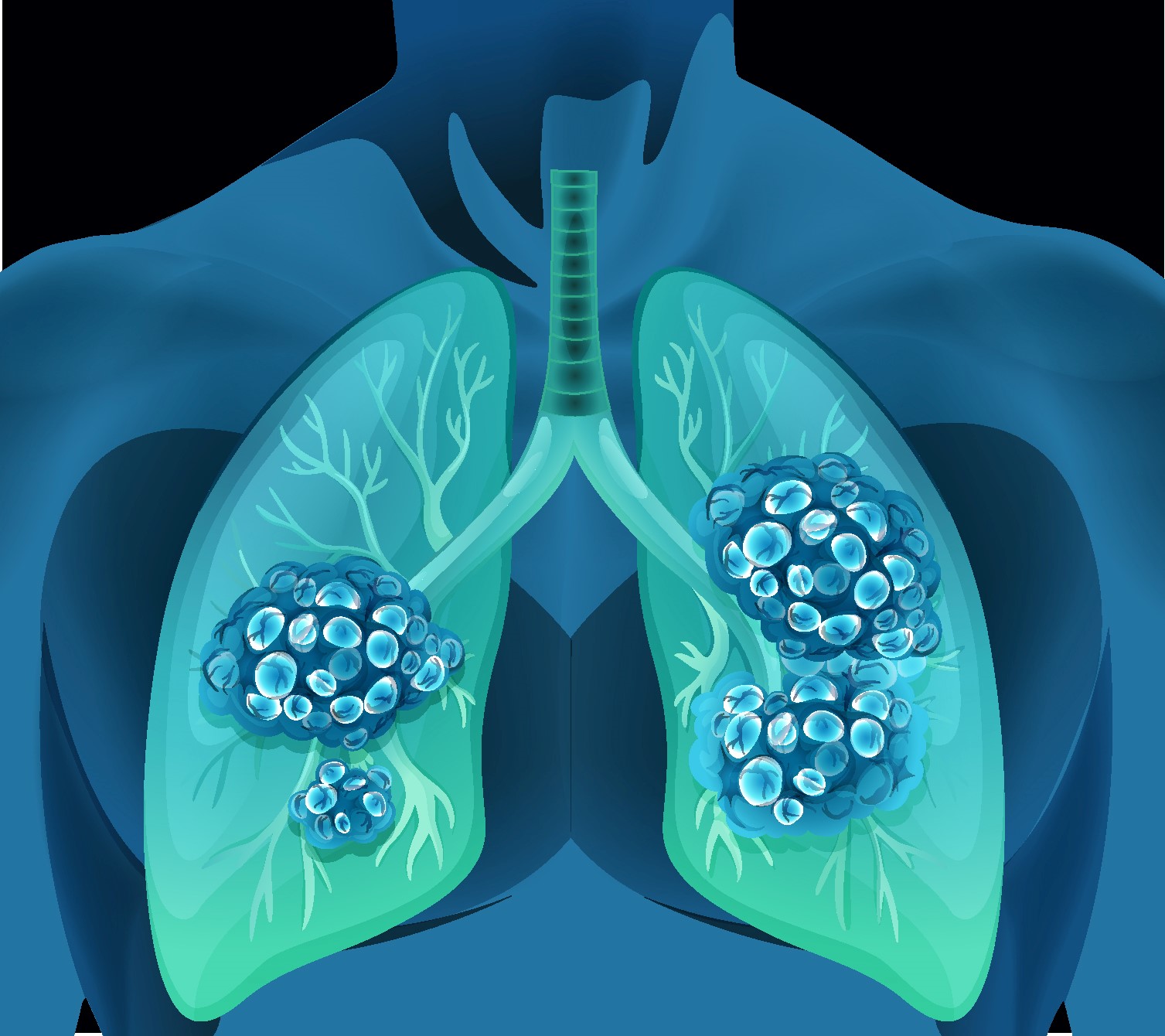Allergic bronchopulmonary aspergillosis (ABPA) is a hypersensitivity reaction to Aspergillus fumigatus (Af) contributing to cystic fibrosis (CF) lung disease.
To evaluate the combination of oral prednisone for 18 days together with itraconazole therapy for at least twelve months in CF-related ABPA with regard to long-term pulmonary function and side effects.
65 CF patients treated for ABPA and 127 CF patients without ABPA serving as matched controls were retrospectively analyzed for a median period of 4.8 years. Serial lung functions were analyzed alongside clinical, microbiological and laboratory data including itraconazole therapeutic drug monitoring (TDM).
The used ABPA treatment regimen restored forced expiratory volume in 1 second (FEV) values to pre-ABPA levels within three months (p<.0001). Long-term FEV courses of patients showed no difference when compared to ABPA-free controls. Glucocorticoid treatment was not associated with increased CF-related diabetes (CFRD) incidence, growth restriction or Pseudomonas aeruginosa (Pae) acquisition. Patients, who experienced ABPA relapses, displayed lower itraconazole through levels during the first three months of treatment (p<.05). A decreased risk of ABPA recurrence was further associated with Pae colonization.
The proposed treatment scheme for CF related ABPA is effective in preserving lung function capacity over years in affected individuals without the known glucocorticoid associated side effects. Itraconazole therapeutic drug monitoring (TDM) seems useful to prevent disease flares, for which Pae negative CF patients might be particularly susceptible.
Copyright © 2020. Published by Elsevier Inc.
Treating allergic bronchopulmonary aspergillosis with short-term prednisone and itraconazole in cystic fibrosis.


